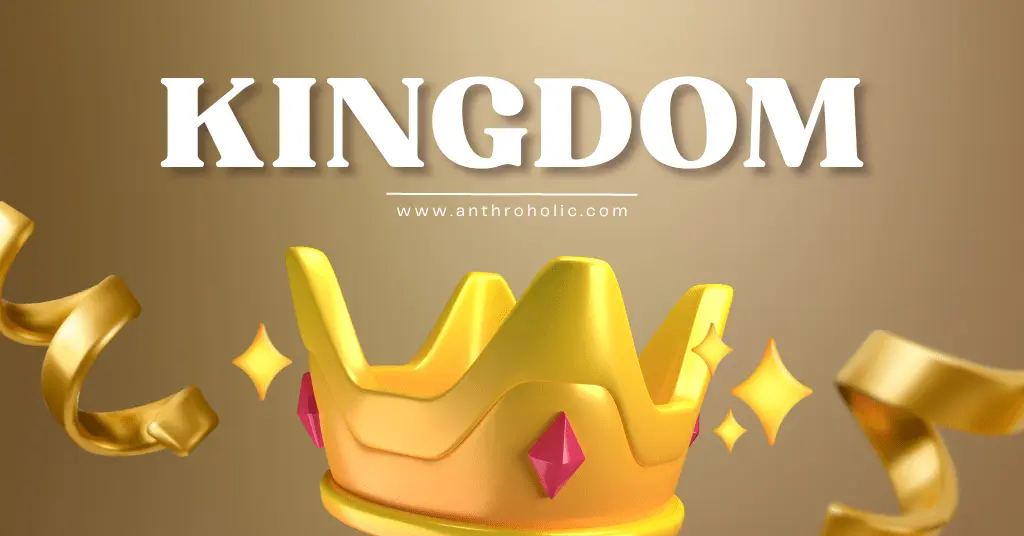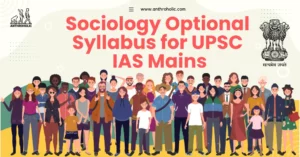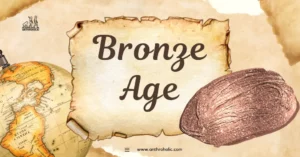AI Answer Evaluation Platform Live Now. Try Free Answer Evaluation Now
Kingdom
One of the most well-known types of states is a Kingdom, a form of government with a monarch at the helm, where authority and power are typically inherited. This concept has been the cornerstone of governance for centuries, shaping civilizations, cultures, and histories worldwide.

The Concept of a Kingdom
A Kingdom is a type of political state, usually hereditary, where the head of state is a King (or Queen). The King’s position in a Kingdom is typically for life or until abdication. The term “Kingdom” originated from the Old English word “cyningdōm,” which is a combination of the terms “king” and “domain.”
A Kingdom is different from a Republic, where the head of state is elected, typically through a democratic process. In contrast, a Kingdom often has a hereditary or appointed head of state. Kingdoms, however, vary widely in their governance structure and may include parliamentary systems, absolute monarchies, or constitutional monarchies.
Key Features of a Kingdom
- Monarchy: The primary characteristic of a Kingdom is its monarch, usually a King or a Queen, who serves as the head of state.
- Hereditary succession: In most Kingdoms, the position of the monarch is passed down to the next generation in the royal family.
- Realm: A Kingdom encompasses a specific geographical region, referred to as the realm, which is under the jurisdiction of the monarch.
- Sovereignty: Kingdoms are sovereign entities. They have the full right and power to govern themselves without any interference from outside sources or bodies.
Types of Kingdoms
Depending on the distribution of power and the system of governance, Kingdoms can be classified into the following types:
Absolute Monarchy
In an absolute monarchy, the monarch holds supreme autocratic authority, unrestricted by laws, constitutions, or customs. These monarchs hold their position for life and pass the throne to the next generation. Examples include Saudi Arabia and Eswatini (Swaziland).
Constitutional Monarchy
In a constitutional monarchy, the monarch’s powers are limited by law or a formal constitution, often sharing power with a parliament or similar legislative body. Countries like the United Kingdom, Spain, and Japan fall under this category.
Semi-Constitutional Monarchy
A semi-constitutional monarchy is a form of government in which the monarch retains a distinctive role, often embodying the unity and continuity of the nation, alongside an elected parliament with a prime minister. Jordan and Morocco are examples of such Kingdoms.
Evolution of Kingdoms
Throughout history, the concept of a Kingdom has evolved significantly, particularly with the advent of modern constitutional principles and human rights movements.
Ancient and Medieval Kingdoms: Many ancient and medieval societies were Kingdoms. These were usually absolute monarchies, with the King having complete authority over his domain. He made all the laws and decisions, with his subjects having little to no say in governance.
Modern Kingdoms: In contrast, modern Kingdoms are typically constitutional monarchies. The monarch is a symbolic figure, with real political power resting in a democratic government.
The Role and Significance of Kingdoms Today
In the contemporary global political landscape, Kingdoms may seem anachronistic. Yet, they still hold considerable significance:
- Symbol of unity and continuity: In many countries, the monarchy is viewed as a unifying symbol that transcends fleeting political trends and societal changes.
- Stability: Kingdoms, particularly constitutional monarchies, often provide political stability. This is because the monarch’s role is largely ceremonial and apolitical, reducing the likelihood of power struggles.
- Cultural preservation: Monarchies often serve as custodians of national traditions and cultures, ensuring their preservation and continuity.
However, there are ongoing debates about the relevance and appropriateness of Kingdoms in the modern world. Critics argue that Kingdoms, particularly those where the monarch holds significant power, can be undemocratic and can lead to human rights abuses.
Kingdoms in Detail: Case Studies
While understanding the Kingdom as a general concept is vital, looking at specific Kingdoms in detail will provide more in-depth insights. Let’s consider three distinct examples: the United Kingdom, Saudi Arabia, and Bhutan.
The United Kingdom: A Constitutional Monarchy
The United Kingdom (UK), composed of England, Scotland, Wales, and Northern Ireland, is one of the most well-known constitutional monarchies. The monarch (as of the knowledge cutoff in September 2021, Queen Elizabeth II) is the head of state, while the Prime Minister is the head of government. The monarch’s role is largely ceremonial, with real political power resting with the elected Parliament.
Key Features:
- Parliamentary Sovereignty: In the UK, the Parliament is the supreme legal authority. The monarchy operates within the parameters set by parliamentary law.
- Ceremonial Role of Monarch: The monarch’s duties are largely symbolic and ceremonial. For example, the monarch gives royal assent to laws but cannot veto legislation.
- Prime Minister and Cabinet: The Prime Minister, chosen by the monarch, holds most of the executive power. Along with the Cabinet, the Prime Minister guides the country’s policies and decisions.
Saudi Arabia: An Absolute Monarchy
In stark contrast to the UK, Saudi Arabia is an absolute monarchy. The King of Saudi Arabia, who is both the head of state and government, wields considerable power, unrestricted by constitutions or laws.
Key Features:
- Unlimited Power of Monarch: The King can make laws, dissolve the legislature, and control the judiciary.
- No Political Parties or Elections: In Saudi Arabia, political parties are prohibited, and there are no nationwide elections for a legislative body.
- Sharia Law: The legal system of Saudi Arabia is based on Sharia, Islamic law, and the monarch is the ultimate source of judicial authority.
Bhutan: A Constitutional Monarchy with Buddhist Influence
Bhutan is a unique case. It transitioned from an absolute to a constitutional monarchy in 2008. The King of Bhutan, known as the ‘Druk Gyalpo,’ shares power with the elected Parliament.
Key Features:
- Shared Power: The King holds executive power, alongside a Prime Minister chosen from the elected National Assembly.
- Buddhist Influence: Bhutan is the world’s only Vajrayana Buddhist Kingdom. This religious influence shapes its monarchy and governance.
- Gross National Happiness: Instead of GDP, Bhutan prioritizes Gross National Happiness, reflecting its unique governance approach.
Strengths and Weaknesses of Kingdoms
Kingdoms, like all forms of government, have strengths and weaknesses:
Strengths
- Stability: Monarchies often provide a stable form of government, with clear lines of succession and little political infighting.
- Continuity: Monarchs can serve as symbols of national unity and continuity, transcending politics.
- Efficiency: In certain cases, monarchies can make decisions and respond to crises more efficiently than governments that require consensus or votes.
Weaknesses
- Potential for Abuse of Power: In absolute monarchies, unchecked power can lead to corruption, despotism, and human rights abuses.
- Lack of Democratic Representation: Citizens may have little to no say in governance, especially in absolute monarchies.
- Succession Issues: Disputes over succession can lead to political instability.
The Future of Kingdoms
In the face of growing democratization and human rights advocacy, the role of Kingdoms in the modern world is increasingly questioned. Critics argue that hereditary succession contradicts democratic principles of merit and representation.
On the other hand, supporters maintain that Kingdoms, particularly constitutional monarchies, can offer political stability and continuity. They argue that a monarchy can serve as a neutral, apolitical entity that can mediate in times of political crisis.
Conclusion
In conclusion, the Kingdom as a state form is deeply interwoven into the fabric of human history. While its relevance and form will continue to evolve with societal changes, the Kingdom’s endurance as a form of government underscores its deep-rooted influence and significance.



